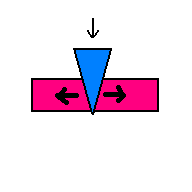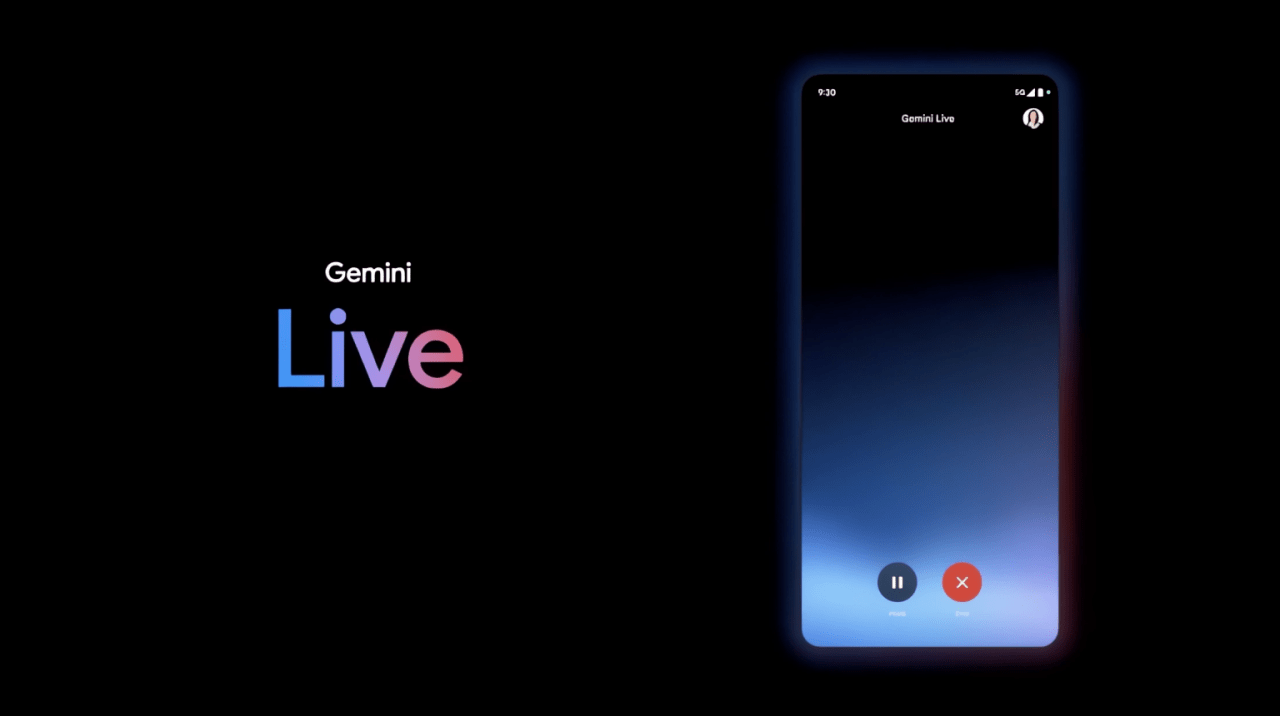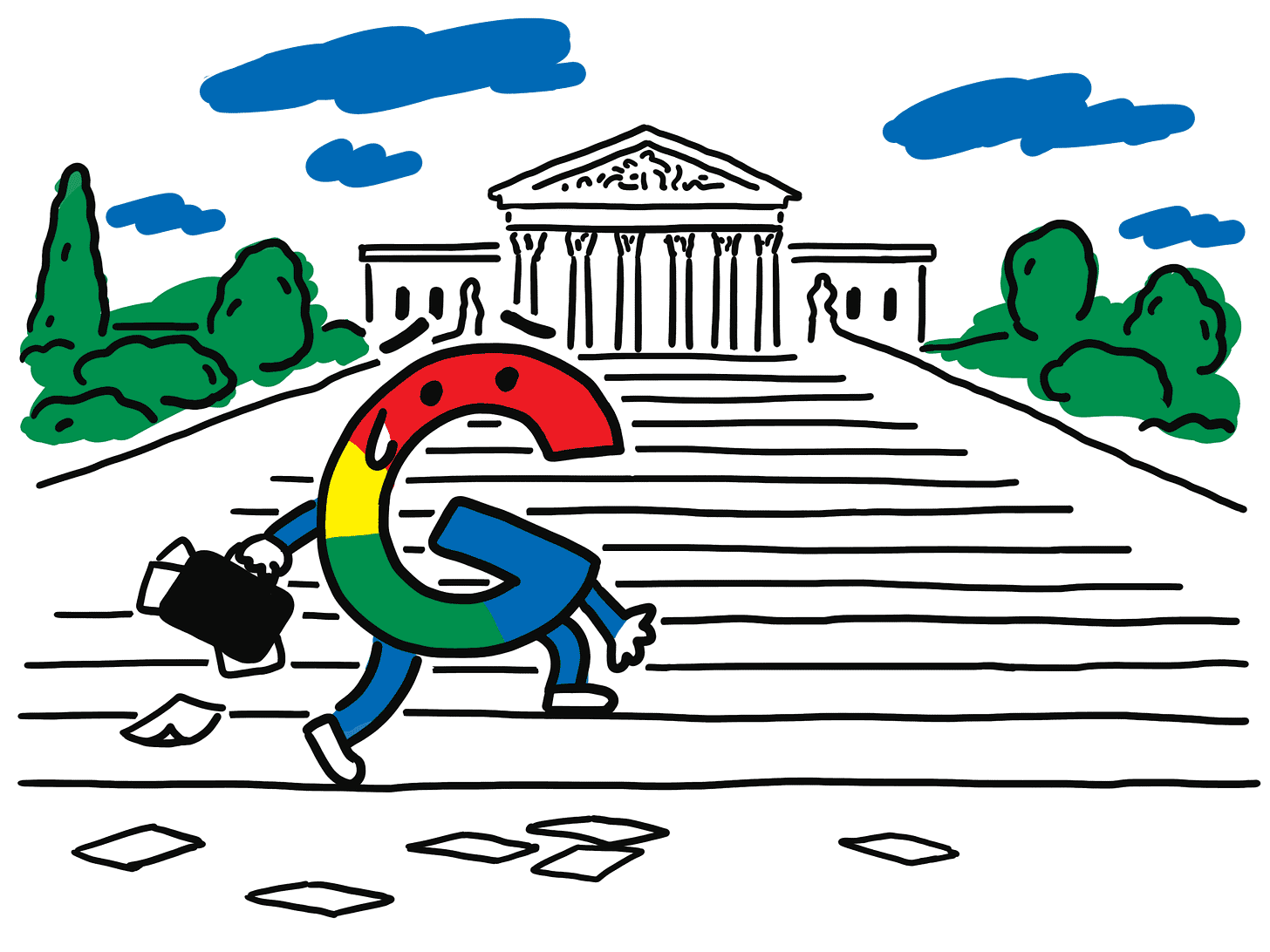
AI: The Voice AI Competition between Google & Apple. RTZ #453
As one looks at how Google and Apple are both looking to leverage AI, especially AI with Voice driven AI user interfaces, one might see an issue that can drive a wedge between these two companies. A wedge potentially bigger than the current antitrust ruling that Google lost on its Search distribution deal with Apple and others. Let me explain.
On the one hand there’s this multi-year deal between Google and Apple that delivers over $20 billion a year to Apple to make Google Search the default across Apple devices. It’s threatened being altered significantly by this antitrust ruling that takes aim at that deal, and potentially rips it up via either structural and/or behavioral remedies in the coming months.
On the other hand there is the wedge of new technology this AI Tech Wave, that threatens to upset the apple cart (pun intended). It’s shifting the ground underneath, as technologies can often do. Voice based AI products and services delivered to billions of daily Google and Apple users via their unique global distribution platforms.
Witness how the the advent of broadband and mobile internet made Microsoft’s stranglehold over Windows and Windows apps, not to mention its bundled browser (vs Netscape), made its monopoly relatively moot over the 2000s. Even after an antitrust settlement with the government against that browser bundling deal and its PC monopoly.
This time it may be the diverging sets of interests between Google and Apple to provide a plethora of AI optimized apps and services via multimodal Voice AIs. Both large and small language models, soon to be optimized to deliver a firehose of AI based search, reasoning, and agentic services via voice based user interfaces.
Google’s ambition here was made clear by its unrolling of Gemini Live over Android (and iOS), and Apple has similar ambitions with its AI revamped Siri, to be rolled out with ‘Apple Intelligence’ across its local ecosystem later this fall. Of course, Amazon is also in the mix with its efforts with LLM AI around Alexa.
Recognize that these changes won’t be overnight, both in terms of the regulatory actioins, and the new AI technologies.
Of course, the current AI voice capabilities of both Google Geminie Live and Apple’s upcoming AI Siri, are in their earliest forms. A lot of features and capabilities are currently missing. A LOT of work needs to be done to make them both do truly useful and delightful things for billions of mainstream users.
So noth Google and Apple, will take at least a couple of years to improve their capabilities, get users to tinker with them at scale, and perhaps sustainably change their daily user habits in meaningful ways.
But Voice AI does have the potential to be the next major UI/UX innovation in computing after the command line, Graphical user Interfaces (GUIs) with windows/mouse, and multi-touch screens on smartphones.
Apple alone sees multi-billion queries across its current Siri and Carplay platforms using the older, non-AI technologies. Google already competes aggressively on Voice interfaces in cars via its Android Auto vs Carplay initiatives. Not to mention its Google Assistant voice service available on hundreds of millions of Android smartphones, soon to be replaced with Gemini Live.
And Apple Siri soon to be re-introduced with Generative AI capabilities leveraging the personal data of Apple users across over two billion Apple devices.
These nascent AI technologies, and possible user interfaces like Voice, are by themselves at odds with the current comfortable deal that the two companies have settled into over the last few years. Google delivers Search to billions of Apple users, and Apple collects tens of billions in fees for allowing Google exclusive access to those Search services. The stakes are bigger than $20 billion a year payments and benefits for both parties.
Even though authorities are contemplating breakup oriented structural remedies for Google, it may end up being an action fighting the last war. Technological innovation may ironically do what antitrust actions may be less effective in ultimately achieving.
Google with its global distribution around cloud based daily computing apps and infrastructure, and Apple with its global distribution around devices, operating systems, apps and services, that also leverage its unique lock on user Trust and Privacy.
It’ll be interesting to see which force drives the most changes to come this AI Tech Wave, regulatory vs technology innovation. Stay tuned.
(NOTE: The discussions here are for information purposes only, and not meant as investment advice at any time. Thanks for joining us here)










